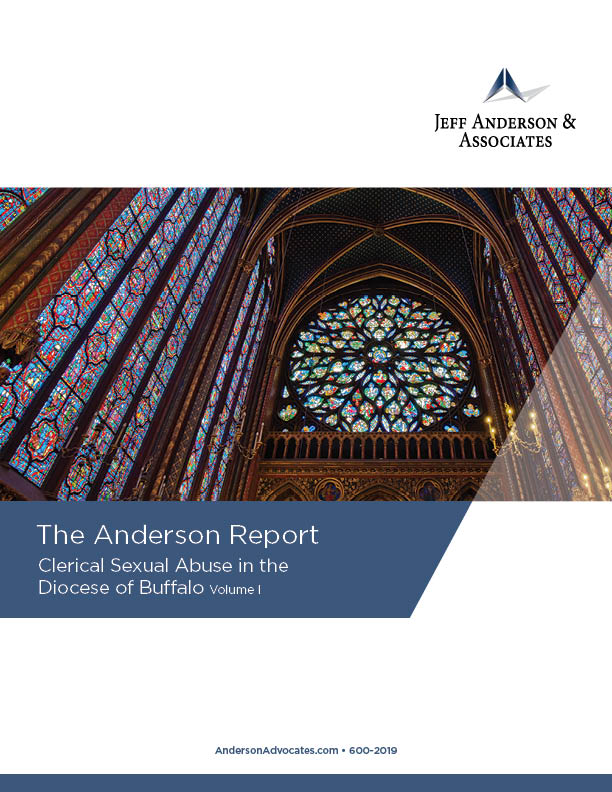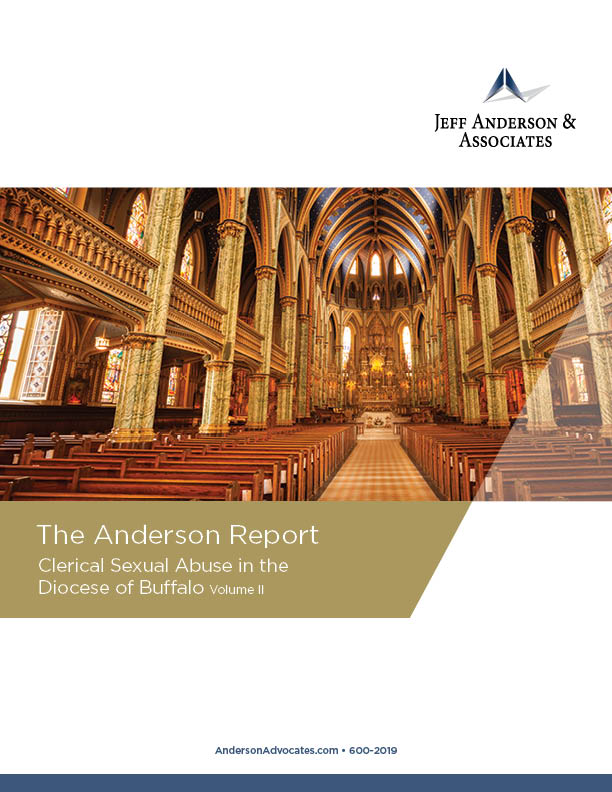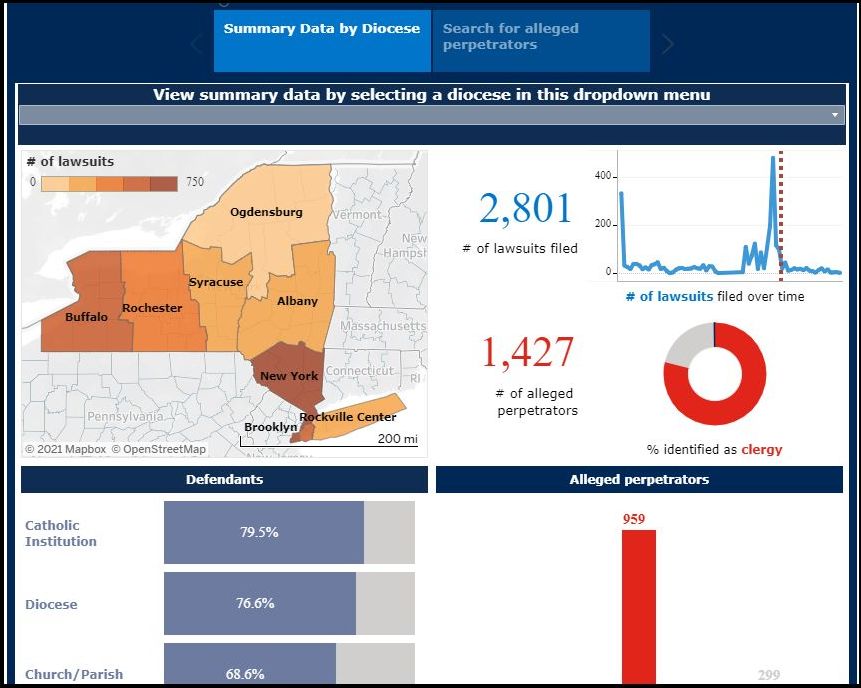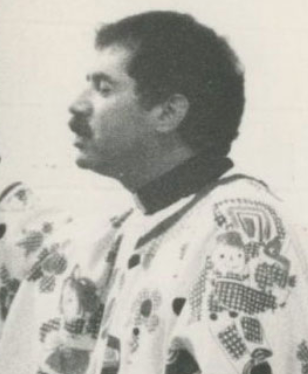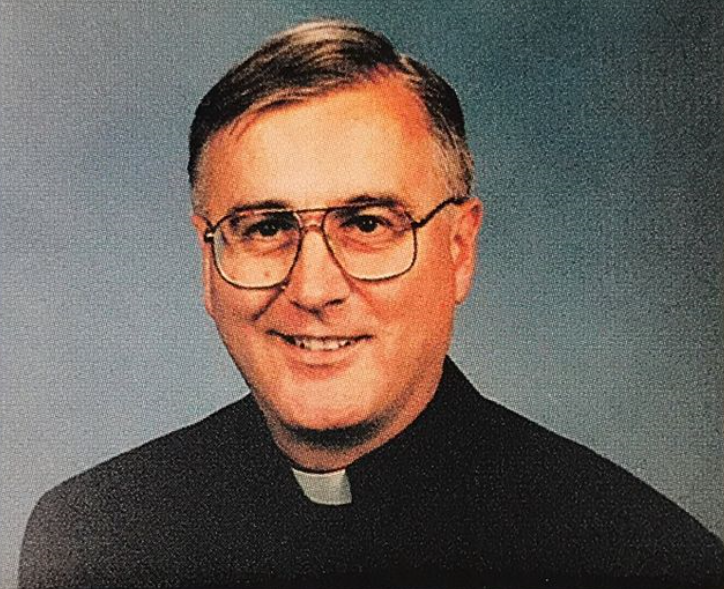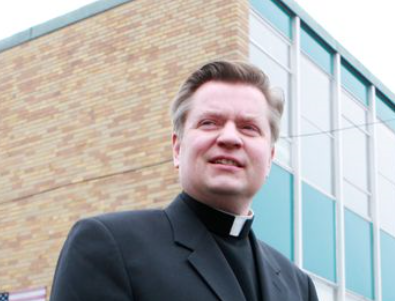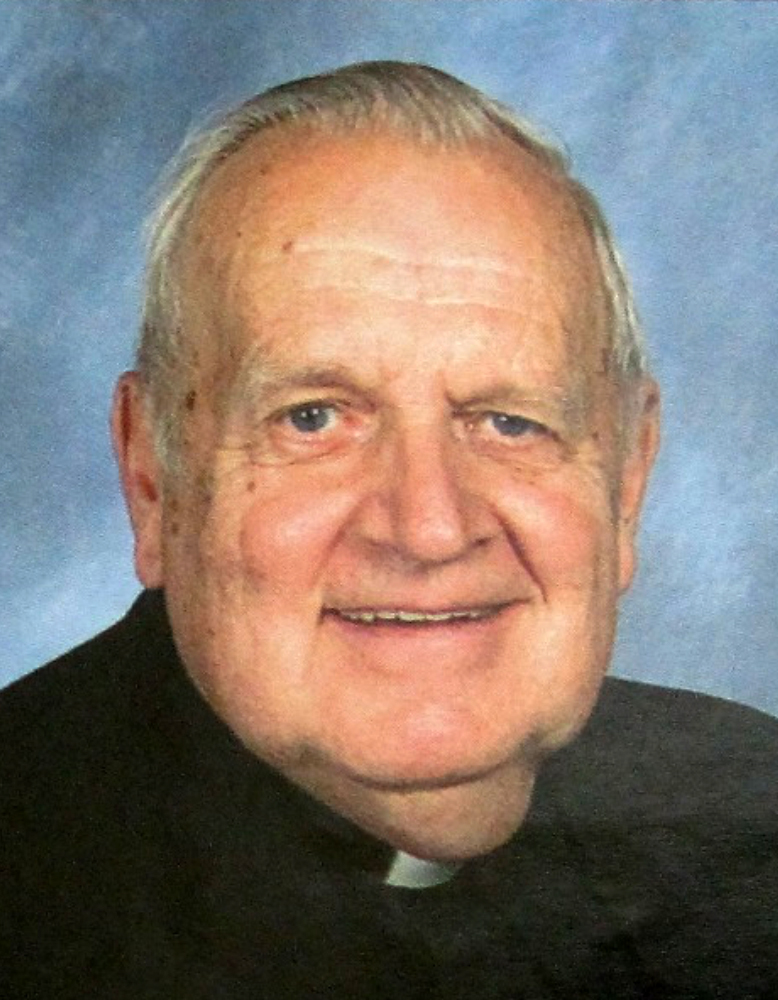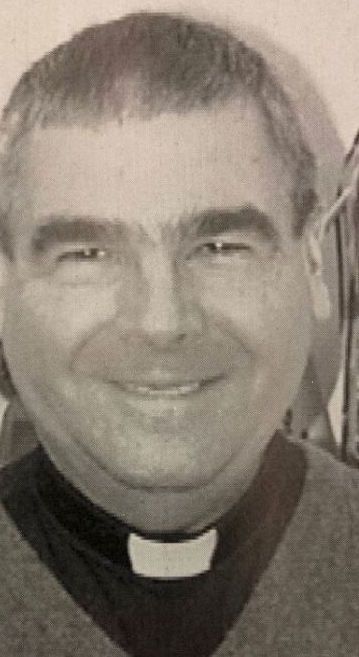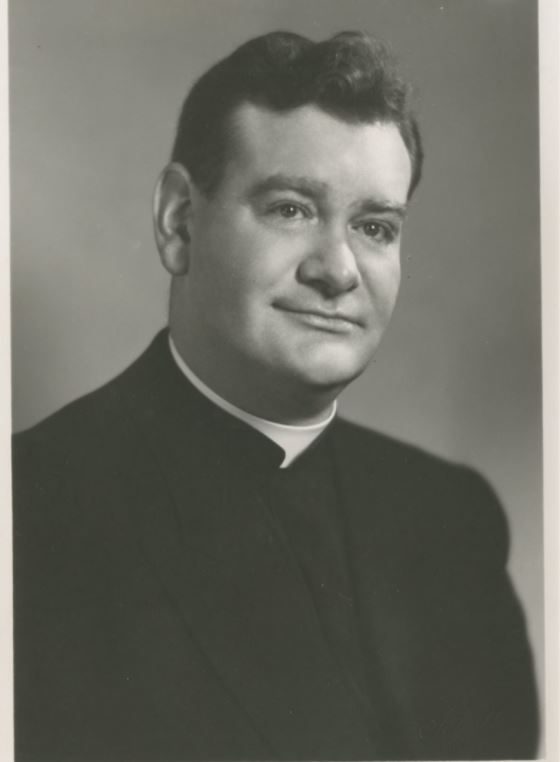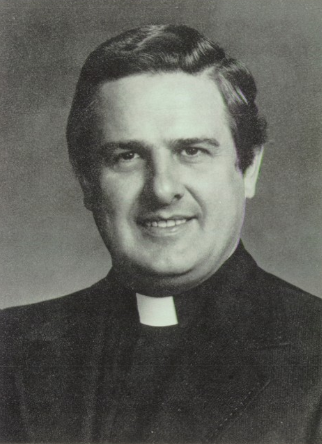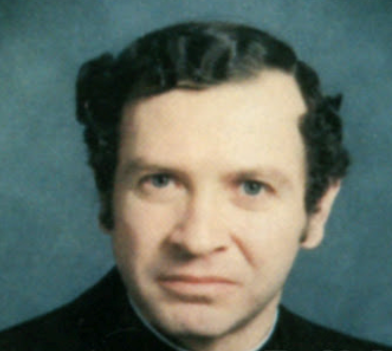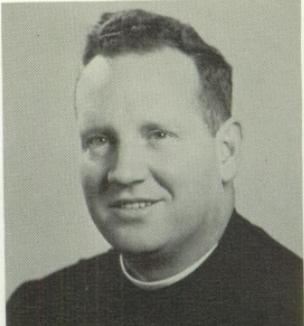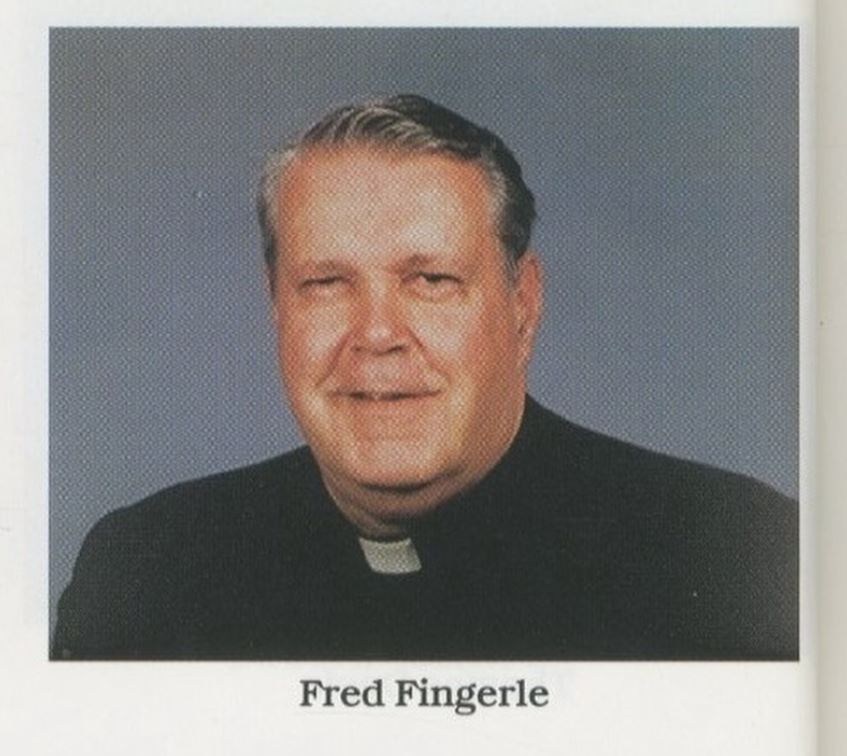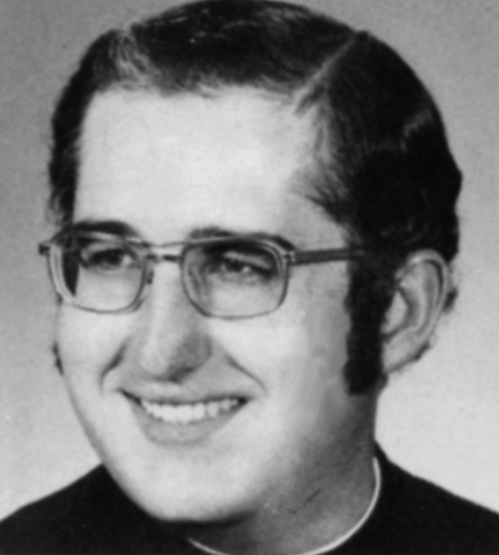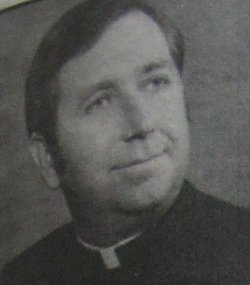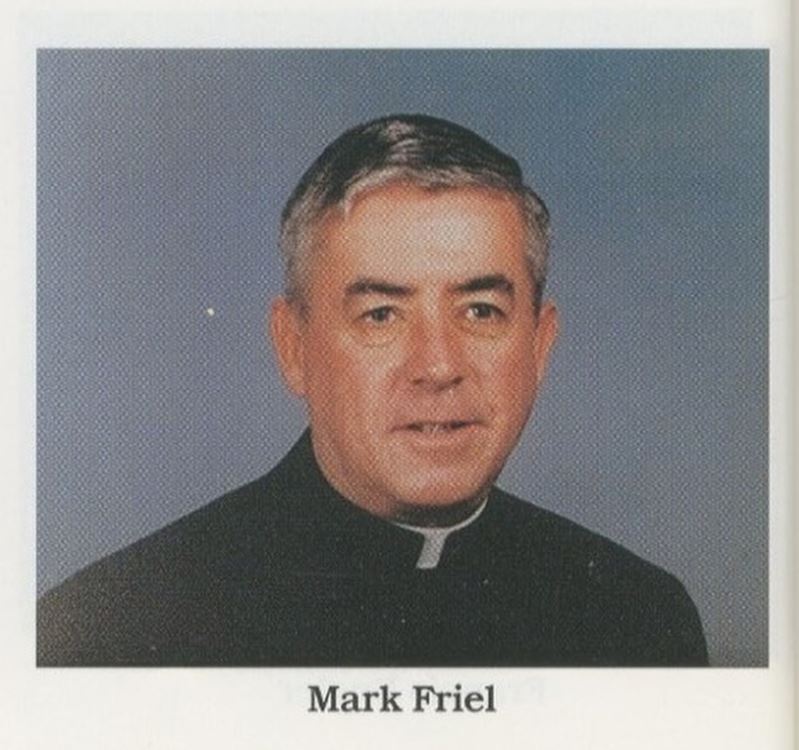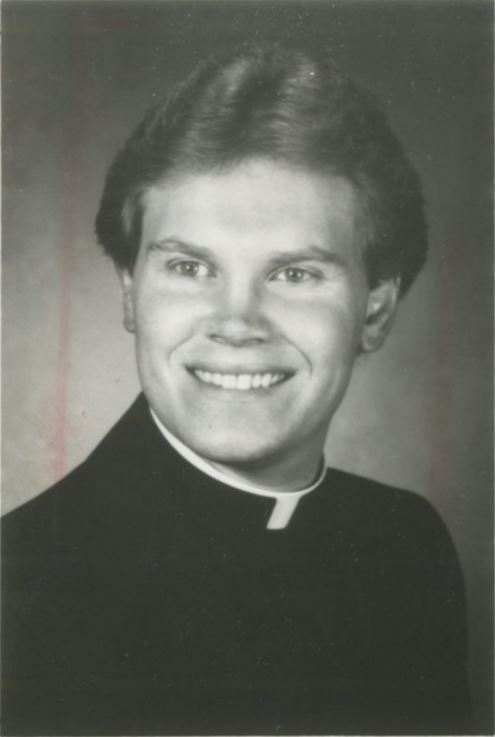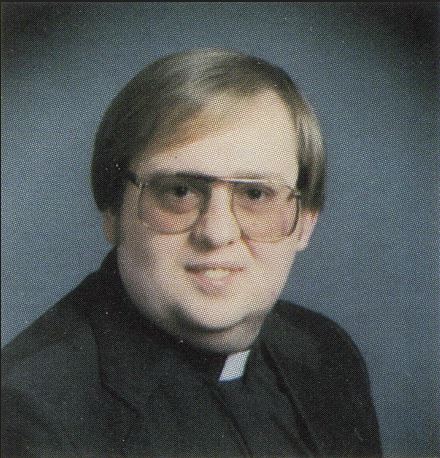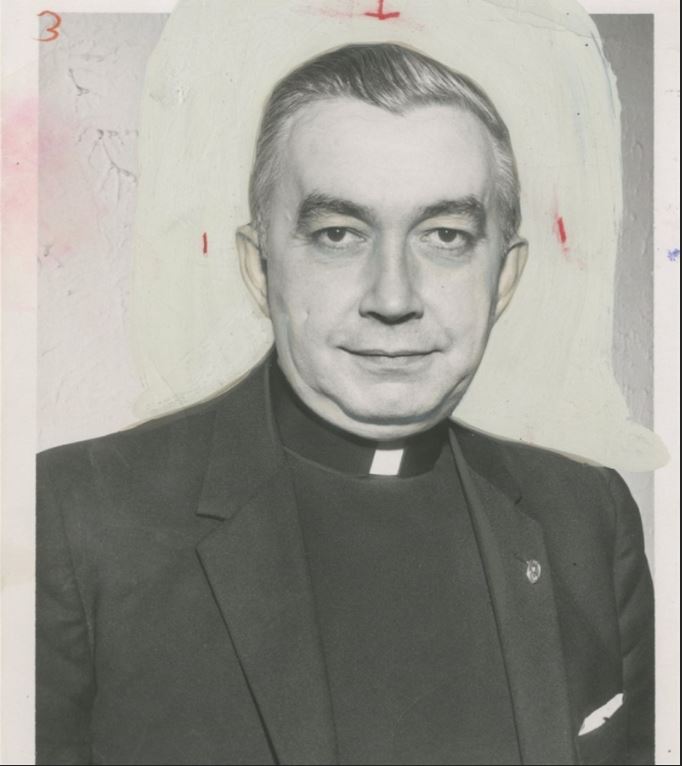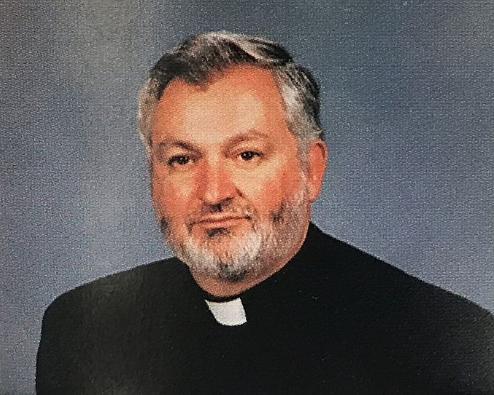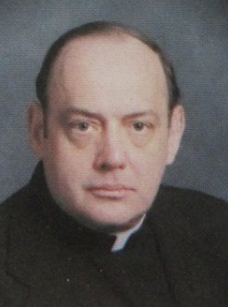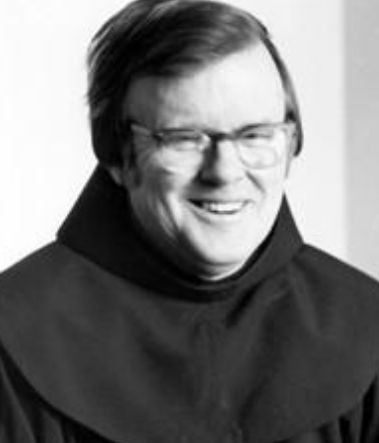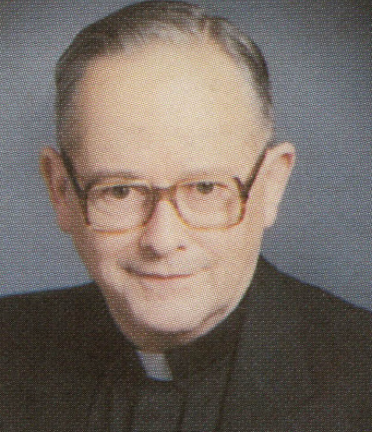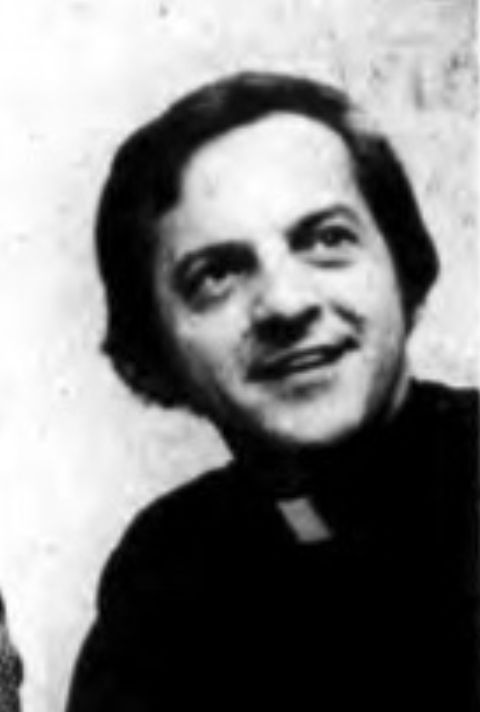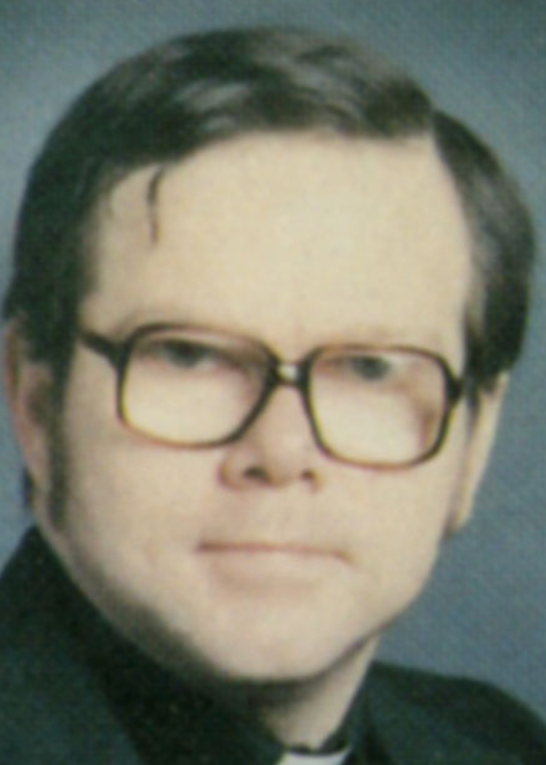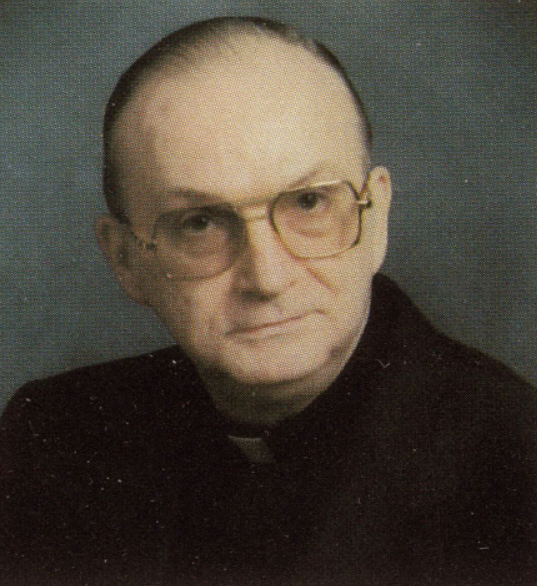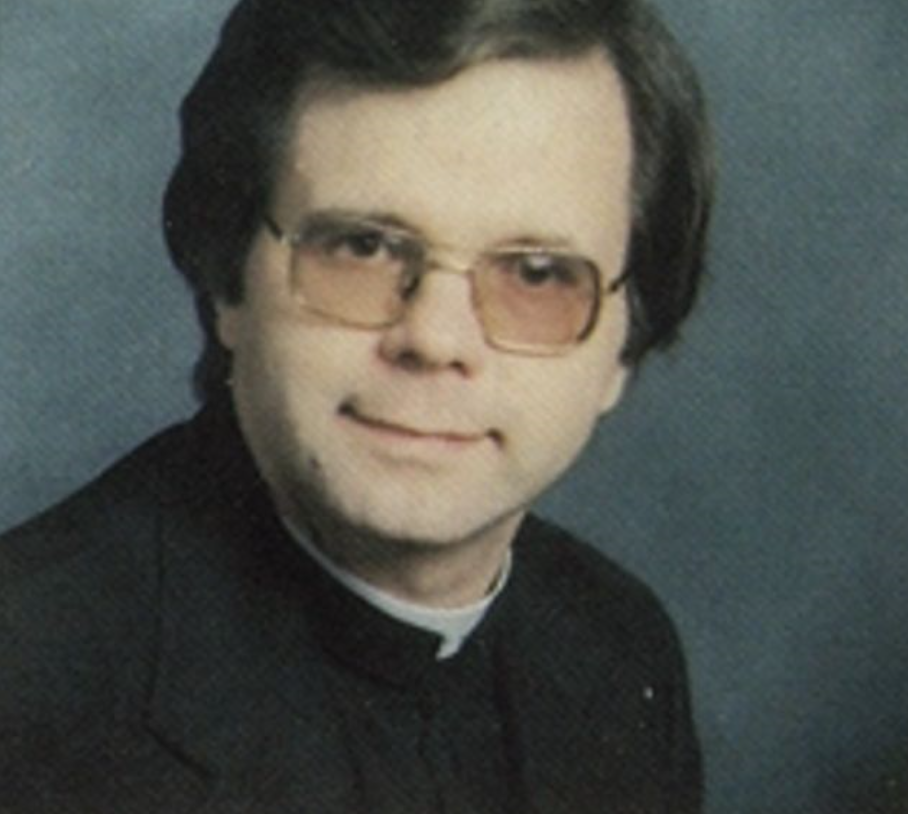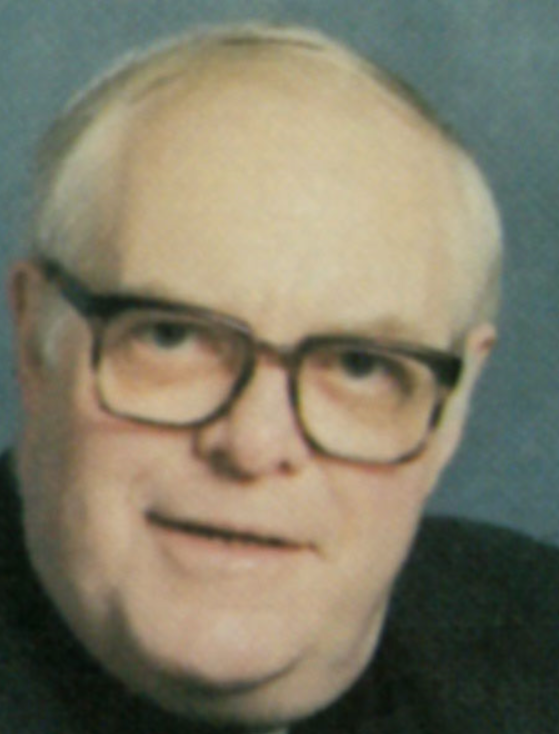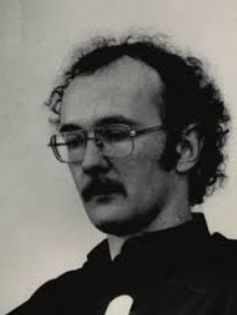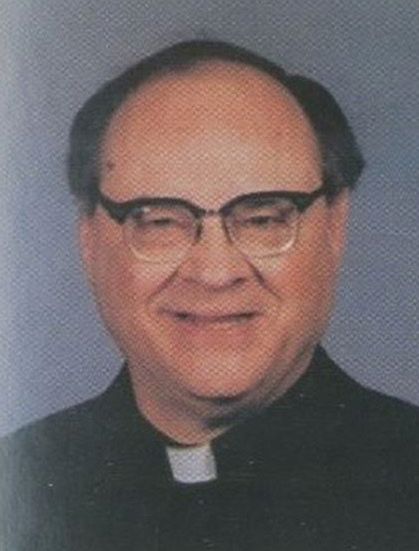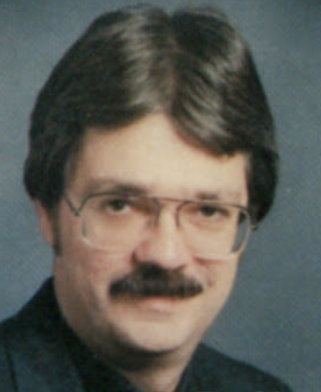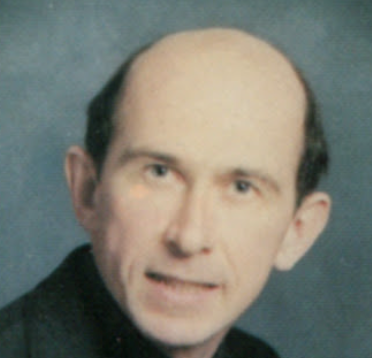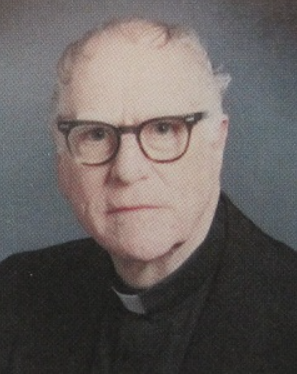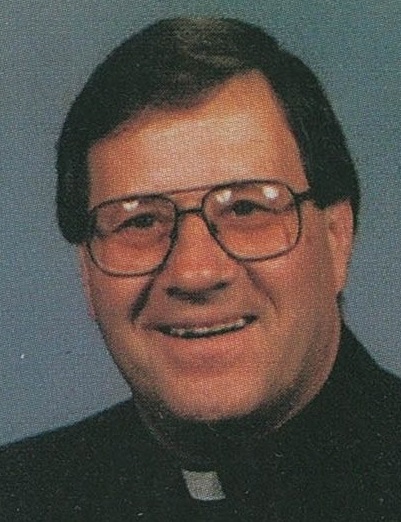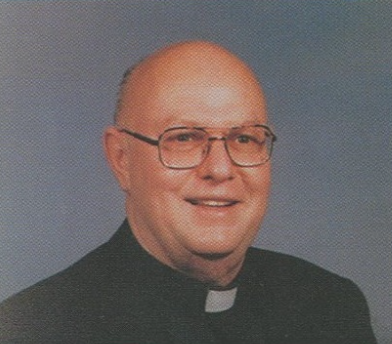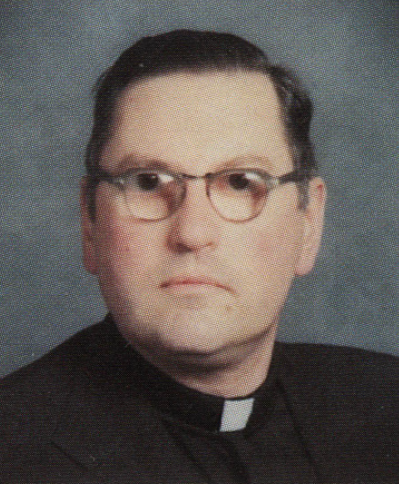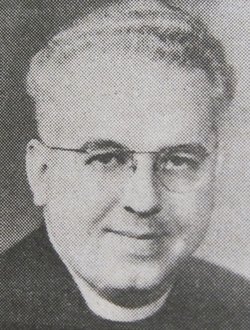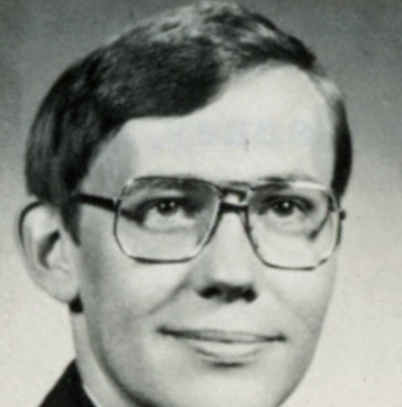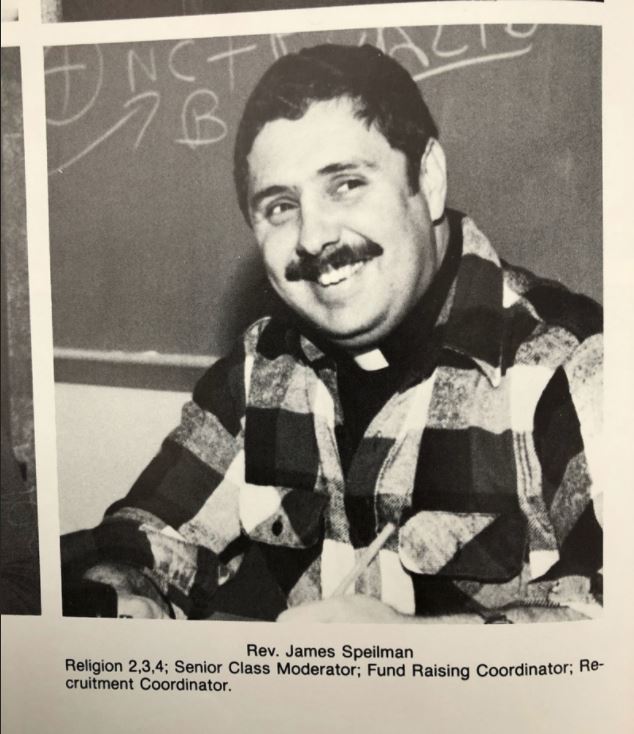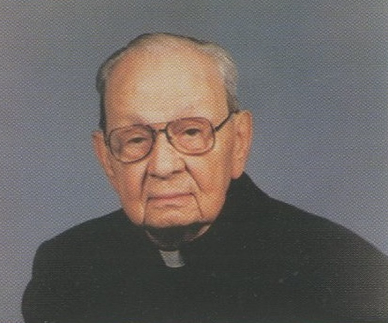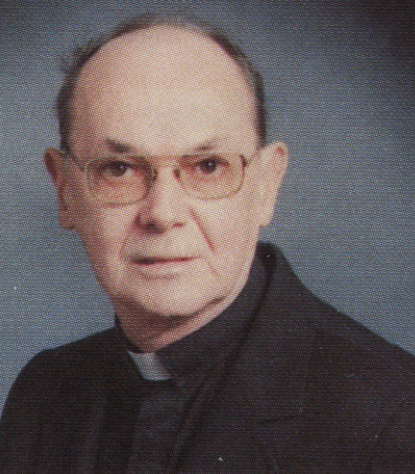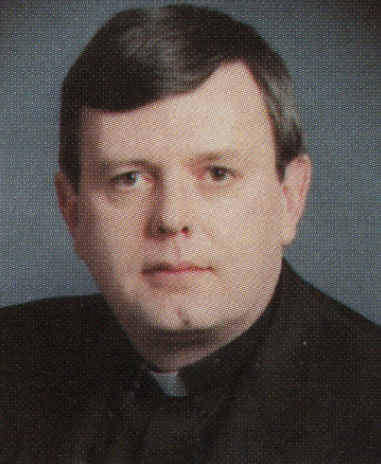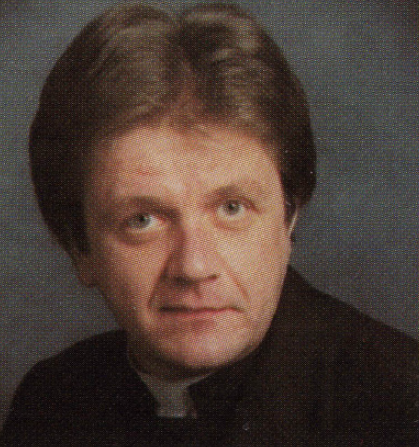Clergy Sexual Abuse in the Diocese of Buffalo
If you are a survivor of sexual abuse by a priest, teacher, coach, or other clergy in Western New York you are not alone. Our attorneys & advocates are here to help you.
Whether you need someone to simply listen to your story without judgment—or you require assistance in navigating the complexities of the New York Child Victims Act—we are ready to help child sex abuse survivors like you pursue justice, healing, compensation, and accountability in the Diocese of Buffalo. Our law firm of legal professionals and advocates has spent almost 40 years working with survivors of child sexual abuse and successfully litigating cases against Catholic dioceses and religious orders nationwide. In the State of New York, we have partnered with attorney Steve Boyd to serve survivors of child sexual abuse in the Diocese of Buffalo and the Diocese of Rochester.
Diocese of Buffalo Chapter 11 Bankruptcy
On February 28, 2020, the Diocese of Buffalo filed for Chapter 11 bankruptcy protection. Diocese officials made this decision after being named as a defendant in hundreds of clergy sexual abuse lawsuits filed since New York’s Child Victims Act took effect in August 2019.
Historically, organizations such as Catholic dioceses and religious orders have used Chapter 11 bankruptcy as a shield to prevent embarrassing jury trials, allowing the institution to continue “business as usual” while continuing to hide its secrets. Bishops use this legal tactic to prevent survivors of child sexual abuse from pursuing legal action, exposing predators, and holding the Diocese accountable. However, you still have legal rights. Please visit our Chapter 11 bankruptcy FAQ page for more details about this process.
The Anderson Report: Clerical Sexual Abuse in the Diocese of Buffalo Vols I and II
These reports contain the names of clergy who were assigned within, worked, or lived in the Diocese of Buffalo and who have been accused of sexual misconduct. The information in these Anderson Reports is derived from publicly available sources, claims made by survivors to the dioceses and religious orders responsible for the offenders, and legal settlements made as a result of claims for sexual abuse. This same information can be found in the gallery at the bottom of this page.
Download Volume I
Download Volume II
New York Child Victims Act Diocesan Lawsuits Dashboard & Database
Between the opening of the CVA on August 14, 2019, and May 31, 2021, more than 3,300 child sexual abuse lawsuits involving the Catholic Church, its affiliated organizations, its clergy, and its employees were filed in the state of New York. These lawsuits allege abuse by more than 1,700 individuals, including cardinals, bishops, priests, members of religious orders, and lay staff. We analyzed these lawsuits and have presented our analysis as of April 2021 in an interactive dashboard. We invite you to explore summary data by state or diocese, and scroll or search for accused perpetrators by name. View dashboard.
You Are Not Alone. We Are Here to Help.
It’s time for justice. It’s time for you to share your story, safely and confidentially. It’s time to lay down your burden and reclaim some of your power. It’s time to expose those who hurt you and make sure what happened to you never happens to another kid. It’s time to take action under the New York Child Victims Act. Before making a decision concerning such serious and sensitive matters, we encourage all survivors of child sexual abuse to consult with legal counsel before proceeding with a claim. We want to help you find accountability and healing. We will stand by you. We will fight for you.
Clergy Accused of Child Sexual Abuse in the Diocese of Buffalo
The list below contain the names of clergy who were assigned within or working in the New York Diocese of Buffalo who have been accused of sexual misconduct. While lawsuits were filed involving many of these alleged perpetrators, the vast majority of the claims against these individuals have been settled or have not been fully evaluated in a civil or criminal court. Accordingly, the allegations should be considered just allegations and should not be considered proved or substantiated in a court of law.
All individuals should be considered innocent until proven guilty. In some situations, the statute of limitations has expired preventing cases from being heard in a court of law. The information contained herein is an attempt to compile information already available to the public including information obtained from the media, www.bishopaccountability.org, the Diocese’s public statements, lists and reports that were released to the public, and other sources that have attempted to chronicle this information for public use.


